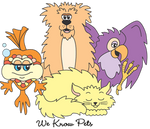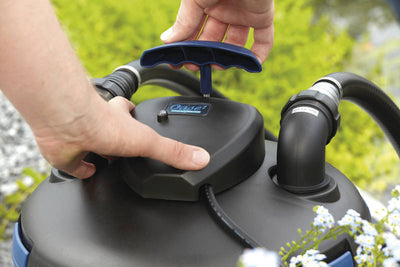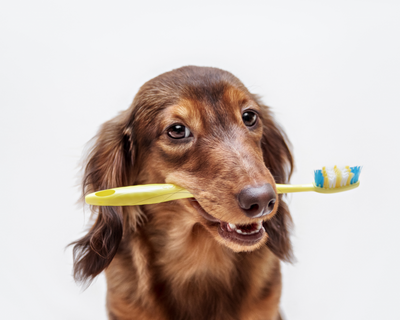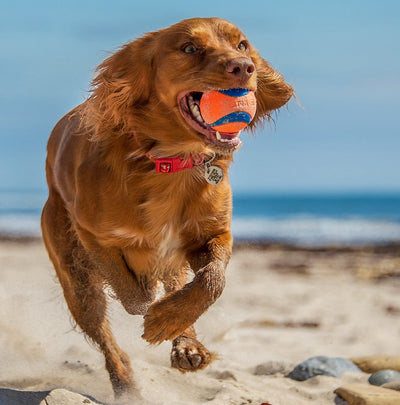We are becoming increasingly aware that our sedentary life style is having an impact on our health. Obesity rates and illnesses caused by obesity including diabetes are on the rise. A variety of factors can influence why people gain weight, including medical, emotional and economic conditions. Of course in simple terms obesity is the result of caloric intake exceeding energy output.
Obesity can be complex when it comes to people but in the case of pets, according to research undertaken by the University of Sydney, only 5% of weight gain in dogs and cats is medically related, the rest is caused by simply too much food.
In this study that was undertaken by the Sydney University school of veterinary science and utilised data from some 2661 dogs it was found that:
- Approximately 41% of dogs were either classed as overweight or obese.
- Weight gain increased with age up to about 10 years old before declining
- Dogs living in rural and semi-rural areas were of greater risk of obesity than dogs living in urban areas.
There are several factors that are more likely to put your pet risk of becoming obese.
- Female dogs are more likely to be overweight than male dogs
- Desexed dogs are more likely to become overweight
- Dogs living in only pet households
- Dogs with owners who are overweight or less active
Often we hear pet owners say “I can’t resist those eyes” or “my dog look’s happy when I give it a treat.” Unfortunately what they are doing is potentially shortening the life of their pet and in the long term giving it a poorer quality of life as it will be more prone to joint issues and heart issues amongst other potential problems.
How can you tell if your pets overweight?
Aside from consulting with your vet, an easy way of working out if your pet is overweight is that you should be able to the last rib on your dog’s rib cage and the body should then taper towards the hind area of the dog.
What can you do if your pet is overweight?
As mentioned earlier in 95% of cases, excessive weight is simple to much food and too little energy expended.
Here are so simple tips:
Finally love you pet with pats and praise not treats. Interaction and recognition will make your pet love you just as much as tasty treats.
For further information, call in & see us in the store, or email us: admin@weknowpets.com.au
4/72-76 Station St Bowral NSW 2576
PH: 024862 1175
© weknowpets 2018






